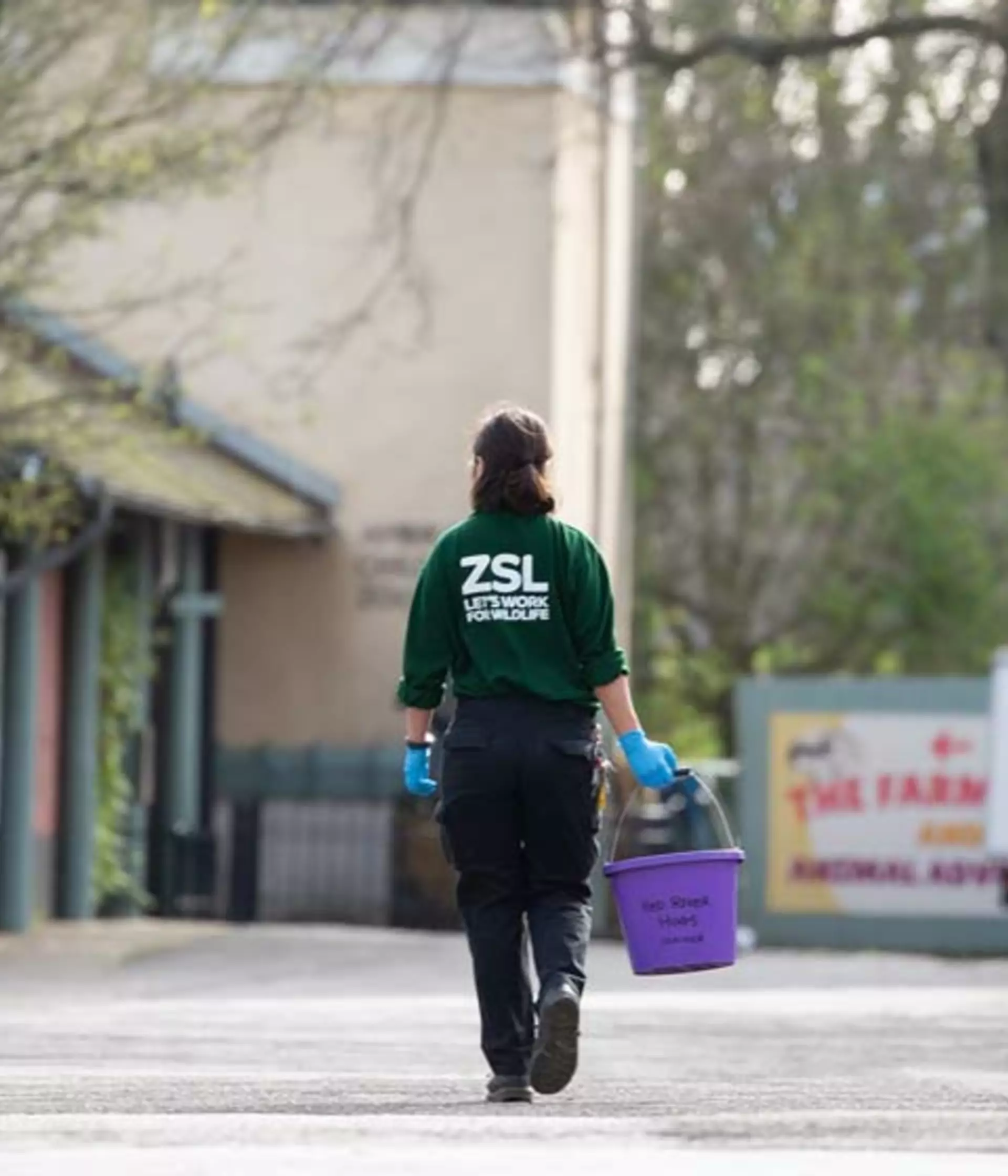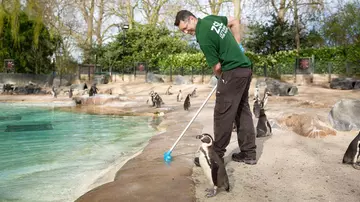
ZSL
Zoological Society of London
COVID-19 is expected to have a big impact on the environment, and has already affected our global conservation work. Here, ZSL's Director of Conservation and Policy, Dr. Andrew Terry, explains how our staff have had to adapt to the crisis.
The COVID-19 pandemic has unleashed great suffering on many millions of people worldwide.
It has exposed harsh inequalities between people both here in the UK and in communities around the world.
But it has also brought communities together to address this common challenge and highlighted true resilience and strength to cope and adapt.
COVID-19's impact on zoos
The crisis has hit ZSL hard and our keepers and staff in our Zoos have been performing an amazing job coming in to work to care for our animals despite the challenges and risks involved.
We have not yet shared the diversity of experiences that staff across the world have had, as they adapted to the current conditions on the ground – so let me give you an overview.

Our conservation field work is 90% grant funded and, as such, we are reviewing each project to assess what is currently possible and what must be deferred or cancelled.
In some instances, this work continues unaffected and in others it is having to be completely re-designed.
Field conservation is extremely important now, as we can expect COVID-19 to have driven major impacts on wildlife.
We have all heard positive stories of wildlife returning to our cities or responding to the lack of human pressure.
But we also expect several major challenges to arise.
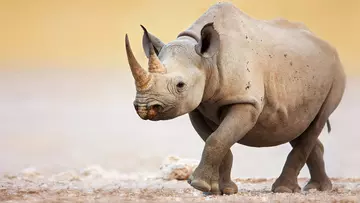
How will COVID negatively impact animal conservation?
The first is that there are massive human social changes underway as communities move from cities to rural areas and cannot earn incomes as they had done previously.
For many, their daily subsistence income has dried up and, based on experience, this often leads to communities having to rely on natural resources a lot more.
We can expect greater pressure placed on habitats and wildlife, whether legally or illegally and it is very likely to be unsustainable.
In regions where tourism revenues underpin funding for state agencies to protect wildlife, this income has gone, and teams are under huge pressure.
In Kenya, we continue to support the Kenya Wildlife Service in daily rhino monitoring and security patrols, working closely with our partner Tsavo Trust to ensure that the key black rhino population of Tsavo West is protected.
Our field teams are locked down within Tsavo West National Park, and while they continue with their vital conservation work, they are unable to go home or support their families.
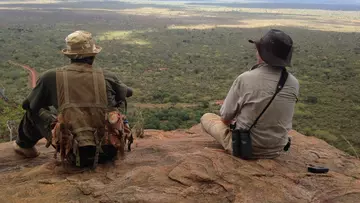
In most regions, our community teams are grounded and are unable to provide much needed support to local communities, which cannot continue for much longer.
Where possible, they are now supporting the village savings and loans associations (VSLAs) that underpin much of our community work, remotely through regular phone calls.
In Mongolia restrictions are lighter and our teams have been able to get out and do some work supporting patrols at our wild camel project site in the Great Gobi protected area. This was lucky as they were able to put out a forest fire recently before it spread.
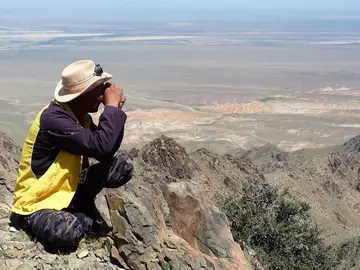
Wildlife monitoring has been continuing in some regions, with the Tiger team in Russia able to review the camera trap footage and complete surveys for this year, highlighting some stunning images of tigers in the region.
To bring some of this diversity to life, we will be sharing articles and videos to Fellows, Patrons and supporters from our field colleagues in the coming weeks. I really hope you are inspired by hearing their experiences first-hand.
It is a difficult time for all of us, however our work in the field is vital to ensuring the protection of wildlife and the survival of these incredible species.If you can help us, please donate now or join as a Fellow to learn more about our work:
Please donate today to help us do more research and hands-on conservation – it’s never been more important than now.
